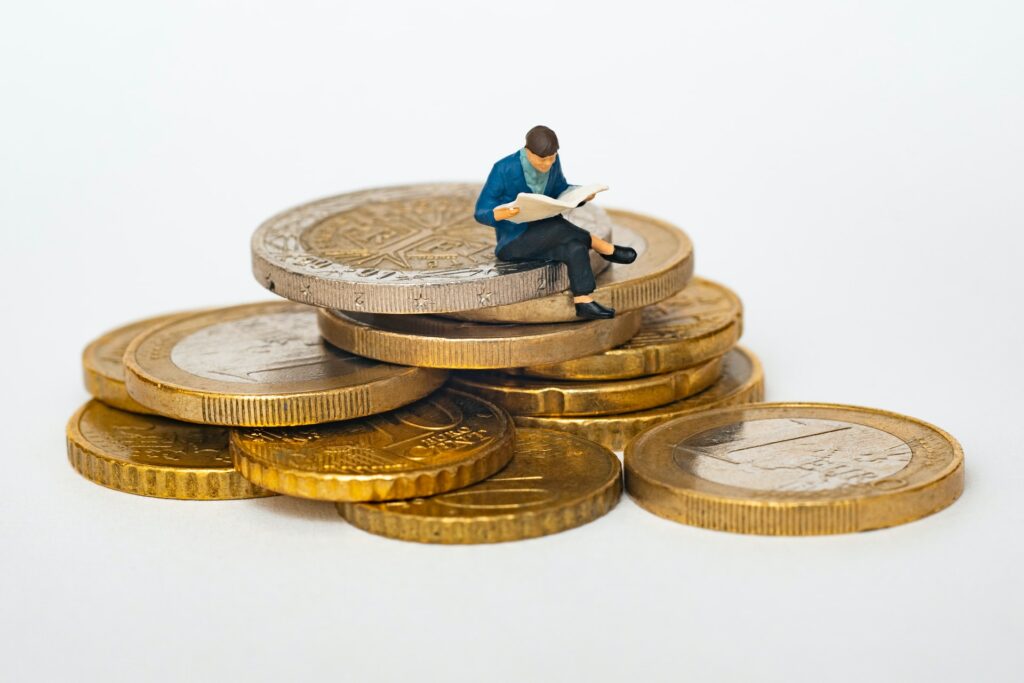Recent selloffs have wreaked havoc on various stocks, and investors are split on whether the market has hit oversold territory. Many of them are now wondering which stocks are the safest to invest in as a sort of safe haven in these turbulent times.
Some forecast a recession and blame it on the Federal Reserve’s (Fed) planned interest rate hikes, while others blame it on the massive valuations of key technology companies.
Whatever the case may be, the stock market is now extremely volatile. As the Fed battles inflation and a faltering economy, uncertainty is at an all-time high. Unlike in 2008 and 2020, the Fed cannot use quantitative easing to stimulate the economy. If this is done, inflation would only worsen.
What does “safe stock” mean?
However, just because the stock market is volatile does not mean investors should avoid it. Bear markets, on the other hand, have traditionally been excellent investment opportunities. Furthermore, investors have options for putting their money to work. If you don’t have the stomach for greater volatility or danger, choose secure assets to weather the short-term storm and slowly expand your wealth over time.
What exactly is a safe stock? There is no such thing if you have a short-term outlook. Any stock’s price might fall at any time, regardless of the quality of the underlying firm or its growth potential. A safe stock is one that is very unlikely to result in a permanent loss of cash if you are a long-term investor. That is not to say that there will not be a temporary loss of capital. During times of market instability, even the most steady and resilient firms’ shares can plummet. It implies that the underlying firm is unlikely to have an irreversible occurrence that permanently reduces sales or profit.
Because no one can anticipate the future, determining whether a stock is actually secure may be challenging. Breakthrough technologies and products have the potential to disrupt sectors in unexpected ways. What appears to be steady might quickly become unstable.
The safest stocks to buy right now
The safest stock is one in which the underlying firm has not placed all of its eggs in one basket, has vast financial resources, is prepared to adapt as the environment changes, and has a decades-long track record.
Berkshire Hathaway, Inc.
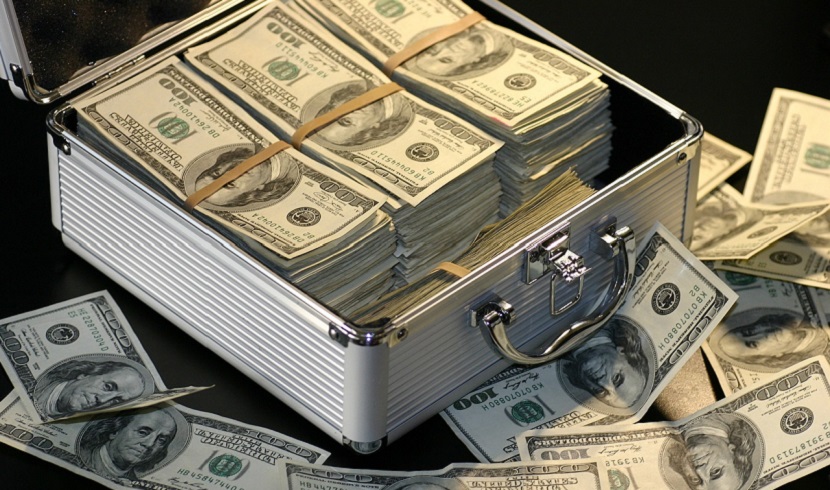
There aren’t many businesses that fulfill the description. Many hedge funds believe Warren Buffett’s Berkshire Hathaway (NYSE:BRK.A) (NYSE:BRK.B) is probably the safest stock to buy.
Berkshire Hathaway is a conglomerate of completely owned enterprises across a wide range of sectors, as well as a massive investment portfolio. The company works in the insurance, railroad, manufacturing, retail, media, real estate, and energy industries. Its stock portfolio has big investments in well-known companies like Apple, Coca-Cola, American Express, and Kraft Heinz.
Buffett has spent nearly 60 years establishing Berkshire Hathaway. Not all of Buffett’s deals and investments have been successful, but he has avoided the kinds of bet-the-farm circumstances that have contributed to the demise of several businesses. Buffett isn’t afraid to take chances; you don’t establish a company worth over $700 billion by being conservative. He’s just really skilled at avoiding the types of risks that usually result in disaster for those who take them.
Berkshire Hathaway stock is not going 5X or 10X in five years, but it will also not lose 90% of its value permanently. It’s great to identify large winners, but preventing calamities is just as vital.
In the short run, no one can predict what Berkshire stock, or any stock, will do. If there is a recession next year or if the bear market returns, Berkshire stock might fall along with the rest of the market. However, if your time horizon is defined in years or decades rather than months or quarters, Berkshire Hathaway is one of the safest investments you can make.
Johnson & Johnson
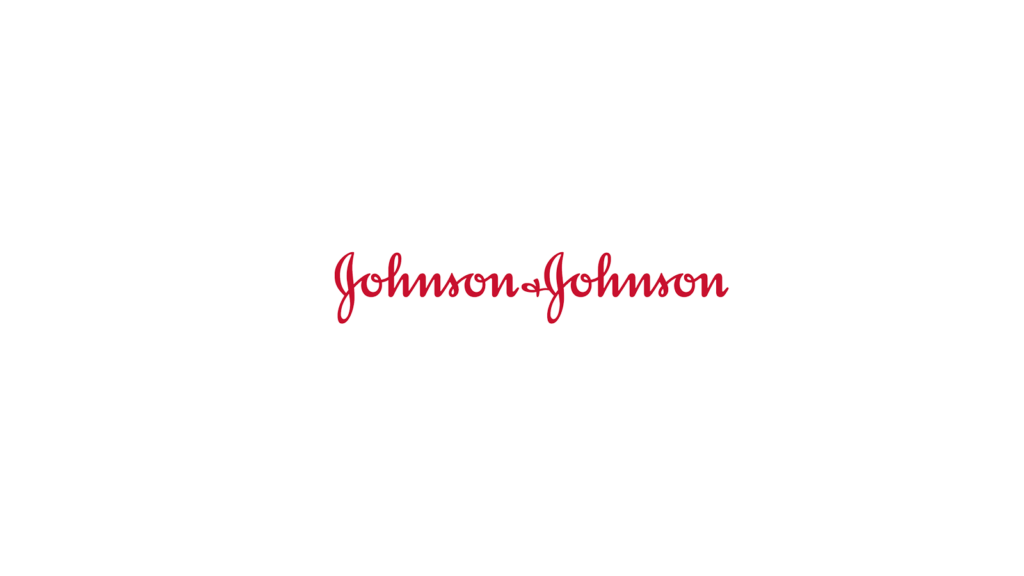
Johnson & Johnson (NYSE:JNJ) is a multinational corporation that manufactures medical equipment, medicines, consumer goods, and other packaged goods. In contrast to the S&P 500, which has plummeted 18% year to date, Johnson & Johnson shares are up 2.66% as of December 6. Though macroeconomic factors, like a high US dollar, lower Johnson & Johnson’s worldwide profitability. But, the company had a good third quarter, with organic sales growth of 8.2%.
Many believe Johnson & Johnson to be a safe company that works well in the portfolios of seniors and risk-averse investors. The pharmaceutical giant has an above-average dividend yield of 2.6%, and dividends have gone up every year for the past 60 years.
Over the previous 12 months, the company’s pharma sales were around $53.7 billion. However, J&J expects its yearly revenues from that segment of its company to exceed $60 billion by 2025, a 12% increase from where they are currently. According to Johnson & Johnson, it has 14 innovative prescription cures that have the potential to be blockbusters. They could generate more than $1 billion in annual revenue apiece. Some of its most promising medications in the medical approval pipeline, such as the blood clot treatment milvexian, might be worth more than $5 billion each year.
Apple, Inc.
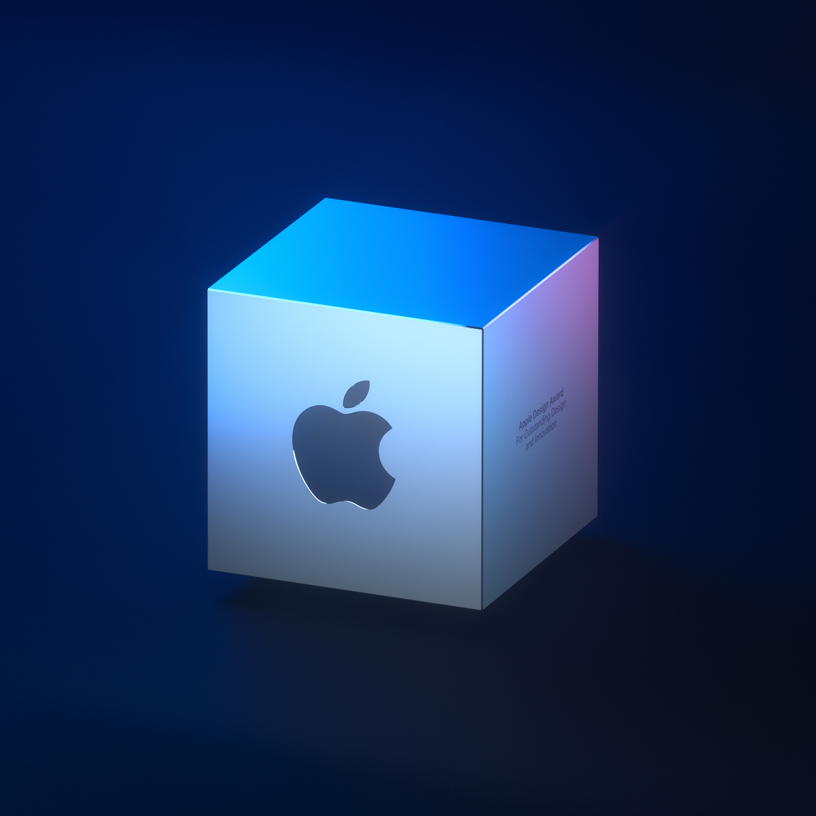
Apple Inc. (NASDAQ:AAPL), one of the most innovative companies in the world, has a history of coming up with game-changing technologies that have changed the tech industry.
Apple Inc., like other technology businesses, is facing headwinds, with analysts predicting the high currency will hurt the company’s worldwide profitability in fiscal Q1. Apple Inc., on the other hand, did admirably in the fourth quarter. For the fourth quarter, the business reported earnings per share (EPS) of $1.29 on revenues of $90.1 billion, compared to the estimate of $1.17 on sales of $88.9 billion. Apple Inc. also returned more than $29 billion to stockholders.
According to hedge funds, the company is among the safest equities to invest in. At the conclusion of the second quarter of 2022, 128 hedge funds were optimistic about Apple Inc., with $143 billion invested in the business. Berkshire Hathaway was the company’s largest shareholder, with a $122 billion stake.
Visa, Inc.
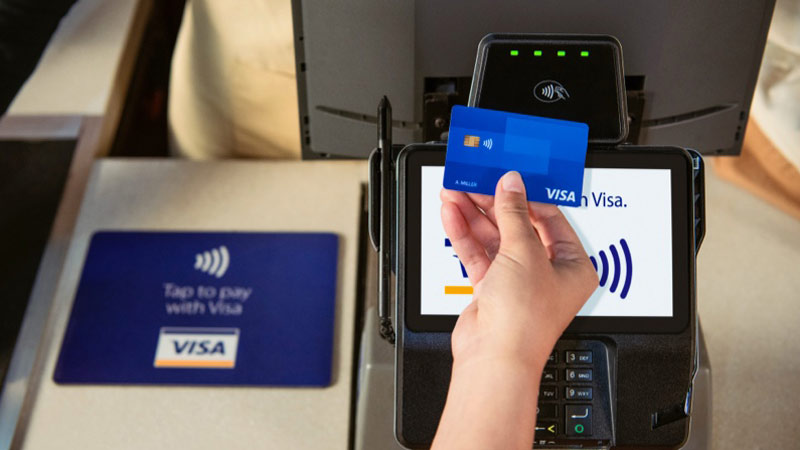
Visa Inc. is a prominent provider of payment solutions, with products used by individuals, businesses, and governments all over the world. Visa Inc. (NYSE:V) saw a 10% increase in payments and a 12% increase in processed transactions in its fiscal fourth quarter.
Sales increased 19% year on year to $7.79 billion from $6.56 billion, with adjusted profits per share of $1.93. Visa Inc.’s dividend is relatively secure given its earnings potential. Visa Inc. shares yielded 0.86% as of December 6. The stock now has a PE multiple of 29.8x. Visa Inc. has a trailing twelve-month operating margin of 67.48% and $16 billion in free cash flows.
Analysts feel that the long-term secular growth trend toward digital payments is still intact and has been bolstered by the COVID situation. Debit card growth, contactless payments, e-commerce, and now, buy now, pay later (BNPL), are all pushing digital payment adoption, and industry experts continue to be delighted with Visa Inc.’s long-term growth prospects.
The Coca-Cola Company

The Coca-Cola Company (NYSE: KO) is a beverage company with 200 brands of soft drinks, coffee, teas, and water distributed in over 200 countries and territories.
The firm has grown its dividend every year for 60 years, making it a Dividend King (a stock that has done so for at least five decades), and it has purchased back roughly a fifth of its shares during the last 30 years.
Berkshire Hathaway’s stake in The Coca-Cola Company remained steady in the second quarter of 2022. The Buffett’s company owns around $25 billion in the company at the conclusion of the period. Out of the 895 hedge funds tracked by Insider Monkey in Q2, the fund is the largest shareholder in The Coca-Cola Company.
The Coca-Cola Corporation’s shares are up 6.98% year to date, owing to generally consistent demand for its goods. And the company remains quite profitable despite economic challenges. On October 25, it reported earnings per share of $0.69, surpassing predictions by $0.05, and sales of $11.10 billion, topping projections by $602.57 million.
